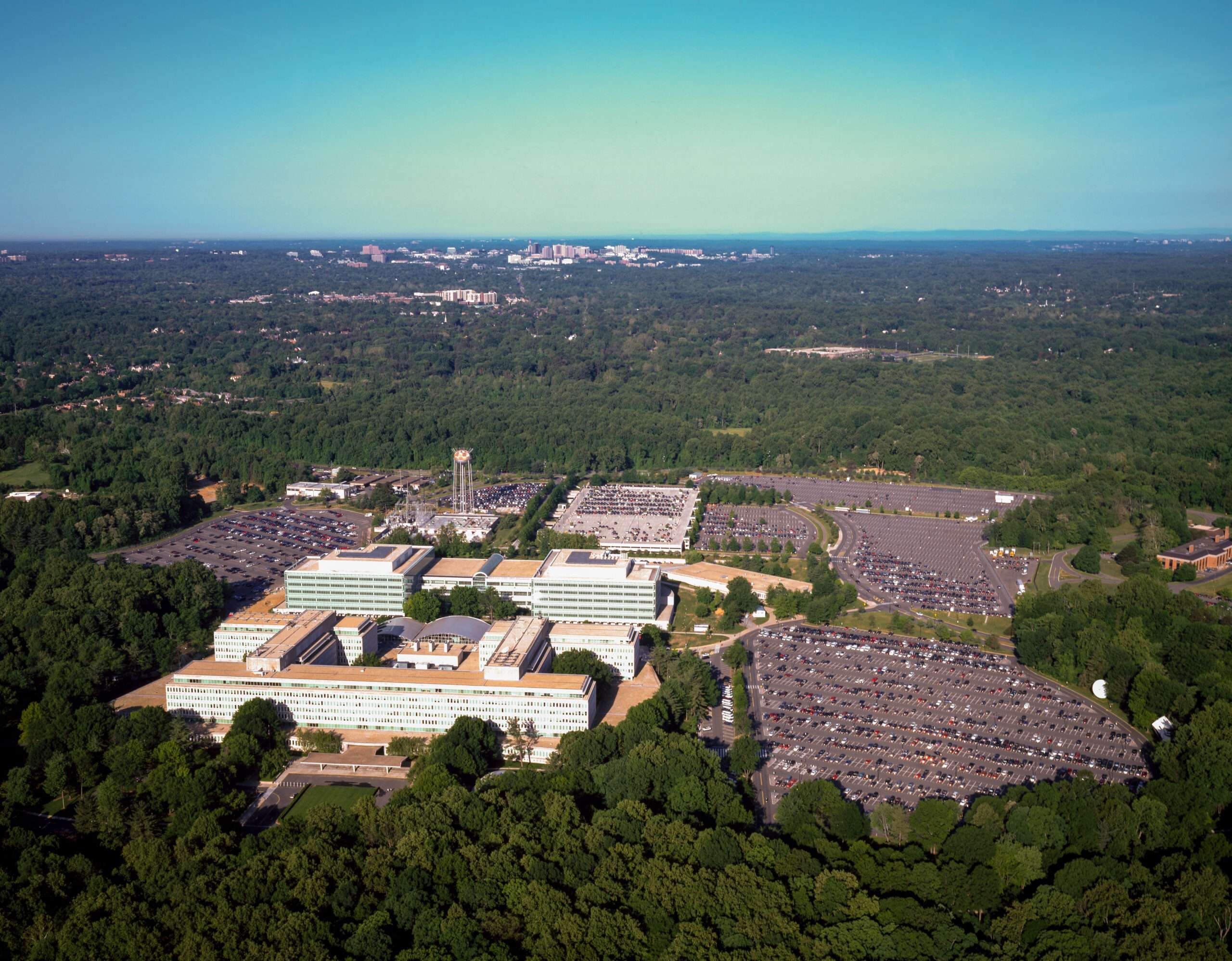Who Are Langley’s Top Candidate Picks?
ZIP code 22101, encompassing Langley and McLean in Virginia, is a notable hub for influential figures, primarily due to the presence of the CIA headquarters and numerous military contractors, cultivating a community deeply invested in U.S. national security policy. Political donations from residents of this area are revealing, as they are required to disclose their contributions to the Federal Election Commission (FEC). The 2023–2024 campaign funding landscape showcases a predominance of Democratic recipients, reflecting the political leanings of a community aligned with national security interests. The top five recipients—primarily Democratic organizations and candidates—underscore the local electorate’s preference, particularly as President Biden achieved a resounding victory in the surrounding Fairfax County during the 2020 elections.
Interestingly, a significant aspect of political donations from 22101 is the inclination of residents to support candidates from outside their voting jurisdiction. Not only do they favor hawkish Republicans and moderate Democrats indicative of their investment in military capabilities, but they also contribute considerable amounts to Senate campaigns across the country. Senator Jon Tester, who has shifted towards a more aggressive foreign policy stance, is notably the top recipient from this ZIP code, raising over $183,000. This trend reflects a broader ethos among those associated with the national security apparatus who seem to prefer candidates maintaining or enhancing the capabilities of the military-industrial complex.
As for the Republican candidates receiving donations from 22101, the list includes prominent figures like Larry Hogan, Ted Cruz, and Dave McCormick, all of whom exhibit hawkish tendencies in foreign policy. Their campaigns often underscore a commitment to maintaining U.S. global influence and military readiness. Additionally, Senator Tom Cotton stands out as another notable recipient, drawing substantial financial support due to his aggressive stance on foreign intervention and legislative actions promoting national security measures. This pattern of support from those with national security backgrounds indicates a clear endorsement of candidates committed to an interventionist U.S. foreign policy and military expansion.
In comparison, nearby Fort Meade, home to the NSA, shows a lighter engagement in political donations, with a total of only $12,041 directed towards Democratic campaigns. This disparity highlights the differing political landscapes and affiliations within prominent national security communities. While Fort Meade donors showed some preference towards Republican candidates, their overall political mobilization appears more subdued than that of 22101. Moreover, certain donor-specific data reveal a more transparent picture, particularly regarding FBI agents who display a more balanced contribution to both major parties, reflecting a complexity in their political affiliations amidst national debates on law enforcement.
The document also emphasizes the evolving dynamics within the national security context as moderate Democrats increasingly align with military interests following the anti-Trump sentiment. This newfound affinity for an expansive national defense mechanism amongst Democrats unveils a shift, bridging traditional party lines that previously saw a more significant divide on military intervention. Yet, the most hawkish Republican perspectives remain prominent, indicating a persistent underlying neoconservative ideology among a substantial faction of American politics, regardless of changing political tides.
The overall financial support for candidates from 22101 reveals a powerful interplay between the national security community and political action—a trend that underscores the ongoing prioritization of military readiness and interventionist policies among influential players in U.S. politics. While moderate Democrats embrace hawkish stances in a bid to remain competitive and regain trust within military circles, Republicans entrenched in the military-industrial complex continue to relish consistent backing. This converging narrative of bipartisan alignment with militaristic policies emphasizes the intertwined nature of national security and electoral strategy, reflecting the ongoing prevailing attitudes found within America’s political elite engaged in legislative processes surrounding defense and foreign affairs.
Share this content:












Post Comment